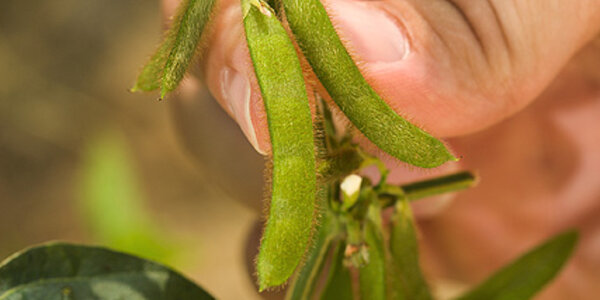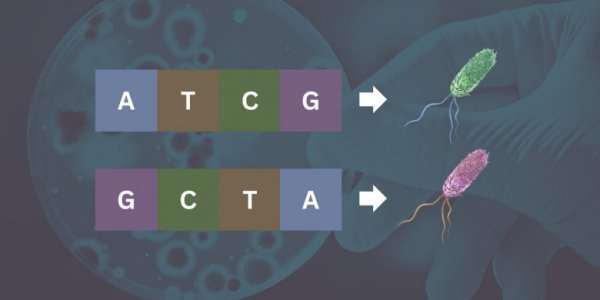Optimizing Nature: Biological Mechanism Could Lower Nitrogen Use
Production of most major foods involve nitrate and phosphate fertilizers, but excessive fertilizer use is bad for the environment.
That is why scientists came up with modern technologies that…










